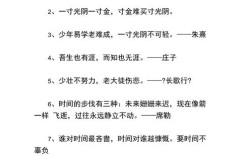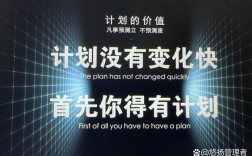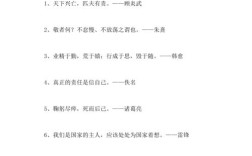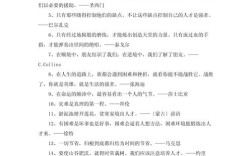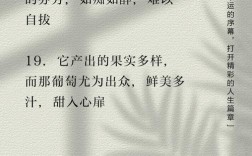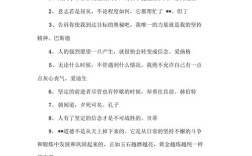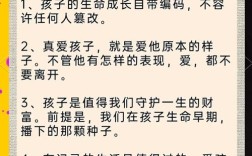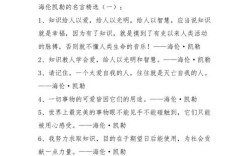The Power of Words: Exploring Famous English Proverbs on Honesty
Honesty and integrity form the foundation of trust in any society. Throughout history, great thinkers, writers, and leaders have emphasized the importance of these virtues through powerful sayings. Understanding these proverbs—their origins, meanings, and applications—can enrich our lives and guide our decisions.

The Origins of Honesty Proverbs
Many English proverbs on honesty have roots in ancient wisdom. Some originate from religious texts, while others stem from literary works or speeches by influential figures.
-
"Honesty is the best policy."
Often attributed to Benjamin Franklin, this phrase appeared in his Poor Richard’s Almanack (1732-1758). Franklin, a founding father of the United States, valued practicality and moral virtue. His writings encouraged people to adopt honesty not just as a moral duty but as a strategy for long-term success. -
"The truth shall set you free."
This profound statement comes from the Bible (John 8:32). Jesus spoke these words to emphasize that living truthfully leads to spiritual and personal liberation. The phrase remains widely used in ethical discussions and self-improvement contexts. -
"No legacy is so rich as honesty."
William Shakespeare penned this line in All’s Well That Ends Well. The playwright often explored themes of deception and integrity in his works. This particular quote highlights how honesty outlasts material wealth.
The Cultural and Historical Context
Understanding the background of these sayings deepens their impact.
- Benjamin Franklin’s Era: In colonial America, trust was crucial for trade and governance. Franklin’s emphasis on honesty reflected the societal need for reliability in business and politics.
- Biblical Wisdom: Many honesty proverbs from religious texts were meant to guide moral behavior in communities where trust was essential for survival.
- Shakespearean Insight: Elizabethan England valued reputation highly. Shakespeare’s plays often depicted the consequences of deceit, reinforcing honesty as a noble trait.
How to Use Honesty Proverbs Effectively
These timeless sayings can be applied in various aspects of life:
Personal Development
Integrating honesty into daily habits builds self-respect. For example:
- When facing a difficult choice, recalling "Honesty is the best policy" can reinforce ethical decision-making.
- Reflecting on "The truth shall set you free" encourages transparency in relationships.
Professional Ethics
In business, trust determines success.
- Leaders who adopt "No legacy is so rich as honesty" foster loyal teams.
- Companies that prioritize integrity often reference Franklin’s maxim to build credibility.
Education and Parenting
Teaching children the value of honesty through proverbs makes lessons memorable.
- Explaining "A lie has no legs" (another old proverb) helps kids understand that deceit eventually fails.
Literary and Rhetorical Techniques in Honesty Proverbs
These sayings endure because of their linguistic power:
- Simplicity: Short, direct phrases like "Honesty is the best policy" are easy to remember.
- Metaphor: "The truth shall set you free" uses liberation as a metaphor for the relief of living without deceit.
- Rhythm and Rhyme: Some proverbs use poetic techniques, such as "An honest man’s word is as good as his bond."
Misinterpretations and Common Mistakes
While these proverbs are widely quoted, their meanings can be oversimplified.
- "Honesty is the best policy" doesn’t mean brutal bluntness—it advocates truthfulness with tact.
- "The truth shall set you free" is sometimes misused to justify harsh truths without compassion.
Modern Applications in Digital Communication
In an age of misinformation, honesty remains vital.
- Social media influencers who embrace transparency gain long-term followers.
- Businesses that admit mistakes and correct them publicly earn customer trust.
Final Thoughts
Honesty proverbs are more than just words—they are guiding principles shaped by centuries of wisdom. Whether drawn from literature, religion, or philosophy, they remind us that integrity is timeless. By studying their origins, applying their lessons, and understanding their nuances, we can navigate life with greater clarity and purpose.
Living by these words isn’t always easy, but as history shows, the rewards of honesty far outweigh the temporary gains of deceit.

